Cognitive Behavioral Therapy (CBT) in CO
Drift Behavioral Health offers structured, results-driven CBT therapy for mental health and substance use disorders. Our licensed clinicians use research-backed methods to help you gain control, reduce symptoms, and improve daily functioning.

What Is CBT Therapy?
Cognitive-behavioral therapy (CBT) is a short-term, goal-focused approach that helps people identify and change unhelpful thoughts and behaviors. It’s proven effective for both substance use disorders and mental health conditions, supporting long-term recovery and symptom relief.
You can expect:
- Experienced, trauma-informed clinicians
- Flexible options: in-person and virtual therapy
- Personalized care plans built around your goals
- Evidence-based CBT integrated into all levels of care
Cognitive-Behavioral Therapy for Substance Abuse
CBT helps individuals understand the triggers behind substance use disorders, manage cravings, and build healthier coping strategies. By breaking the link between thoughts, behaviors, and addiction cycles, CBT supports lasting recovery and relapse prevention.
CBT for Mental Health Conditions
CBT is highly effective in treating mental health conditions like depression, general anxiety disorder, and OCD. It helps reframe negative thought patterns, manage distress, and reduce compulsive behaviors. CBT helps you manage symptoms and find balance.
Cognitive-Behavioral Therapy Techniques at Drift Behavioral Health
Thought tracking and restructuring
Mindfulness and grounding strategies
Skills for managing cravings and urges
Behavioral activation and exposure tasks
Emotion regulation and distress tolerance
Personalized assignments between sessions
What Is Cognitive-Behavioral Therapy Used For?
CBT is used across a wide range of behavioral health concerns. At Drift, we apply CBT to treat:

- Substance Use Disorders: Helps manage triggers and prevent relapse
- Anxiety: Reduces panic, worry, and avoidance behaviors
- Depression: Breaks negative thinking cycles and boosts activity
- ADHD: Supports planning, focus, and emotional regulation
- Obsessive-Compulsive Disorder: Reduces intrusive thoughts and rituals
- Insomnia: Addresses thoughts and habits that disrupt sleep
CBT vs. DBT: What’s the Difference?
Thoughts and behaviors
Cognitive reframing, coping skills
Depression, anxiety, SUD
Problem-solving and goal-oriented
Thoughts, behaviors, and emotions
Emotion regulation, mindfulness, distress tolerance
BPD, self-harm, emotion dysregulation
Validation plus change-focused strategies
How CBT Exercises Work and What to Expect
CBT sessions at Drift are active and collaborative. You’ll work with your therapist to identify patterns, practice new responses, and track your progress over time.
Partial Hospitalization (PHP): Daily CBT sessions as part of a structured treatment plan
Intensive Outpatient (IOP): Several sessions per week focused on skill-building and symptom reduction
Outpatient Therapy (OP): Weekly CBT to reinforce growth and support continued progress
The Benefits of Trauma-Informed CBT
- Addresses trauma-related thoughts and beliefs
- Builds a sense of emotional and physical safety
- Strengthens coping tools for flashbacks or triggers
- Validates lived experiences without retraumatization
- Promotes long-term resilience and post-traumatic growth
Contact Drift for Comprehensive CBT Treatment
Cognitive-behavioral therapy can help you take back control of your mental health or recovery journey. At Drift Behavioral Health, we combine expert care with flexible options tailored to your needs. Contact us today to learn how CBT treatment can fit into your personalized plan, whether in Colorado Springs or online.
FAQs About CBT
What does CBT stand for?
CBT stands for Cognitive-Behavioral Therapy.
Does cognitive-behavioral therapy work?
Yes. CBT is one of the most researched and effective therapies for a wide range of mental health conditions.
What principle underlies cognitive-behavioral therapy?
CBT is based on the idea that our thoughts, feelings, and behaviors are all connected. Changing one can help improve the others.
Is CBT the same as cognitive processing therapy?
No. Cognitive processing therapy (CPT) is a specific form of CBT used for PTSD. It focuses on trauma-related thoughts and beliefs.
Is doing CBT therapy online as effective as in-person CBT therapy?
Absolutely. Studies show online CBT is just as effective as in-person treatment for many people, especially when delivered by trained providers.
What is TF-CBT?
TF-CBT stands for Trauma-Focused Cognitive-Behavioral Therapy. It’s designed to help people recover from trauma in a structured, safe way.
Is CBT the best therapy for anxiety?
CBT is one of the most effective treatments for anxiety. It helps reduce worry, improve emotional control, and build coping skills.
Latest Resources
Tramadol is often prescribed for pain, but the way it works is more complicated than most people expect. Research shows the benefits are modest, while the risks of side effects
Every October 10th, World Mental Health Day reminds us to care for our emotional well-being. Mental health awareness keeps growing, yet millions of people still face stigma that stops them
If you’re thinking about quitting smoking or just curious about what’s going on inside your body, understanding how long nicotine lingers is important. Reasons can vary, whether you need to
Contact Us
Contact Us (Home)
"*" indicates required fields


